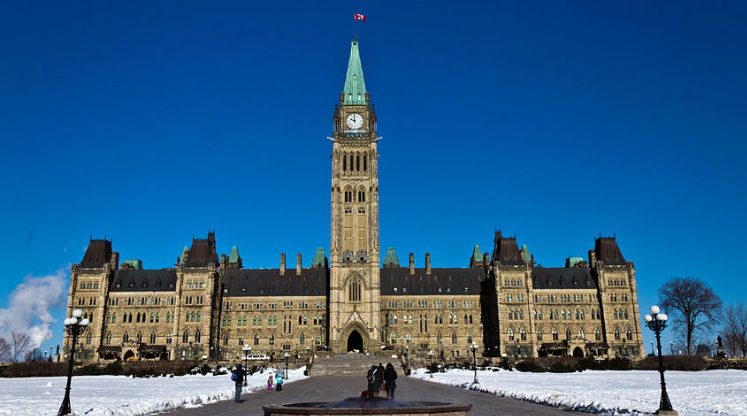 The U.S. federal government has posted a $13 billion deficit for the first half of the fiscal year, signaling growing fiscal challenges amid rising expenditure and slowing revenue growth. The report, released by the Treasury Department, highlights the nation’s ongoing struggle to balance its budget, raising concerns among policymakers about the long-term sustainability of government spending.
The U.S. federal government has posted a $13 billion deficit for the first half of the fiscal year, signaling growing fiscal challenges amid rising expenditure and slowing revenue growth. The report, released by the Treasury Department, highlights the nation’s ongoing struggle to balance its budget, raising concerns among policymakers about the long-term sustainability of government spending.
The $13 billion deficit marks a significant shift from the previous year, as government spending has increased due to inflationary pressures, continued support for pandemic recovery programs, and rising defense costs. At the same time, tax revenue has failed to meet expectations, largely due to weaker-than-expected corporate tax receipts and sluggish economic growth.
Economists have expressed concern that the growing deficit could put additional pressure on the national debt, which has already reached record levels. This deficit further complicates efforts to rein in government spending and tackle the national debt, said one economic analyst. Without significant fiscal reforms, the deficit could continue to widen in the coming months.
The fiscal shortfall comes despite efforts by the government to curb spending in certain areas, such as domestic programs and discretionary spending. However, mandatory spending on programs like Social Security, Medicare, and interest on the national debt continues to rise.
Policymakers in Washington are now facing renewed calls for action on both the revenue and spending sides. Some lawmakers have advocated for tax increases to address the deficit, while others propose cuts to government spending, particularly in entitlement programs. However, both proposals face significant political opposition, making it unclear how Congress will address the growing fiscal imbalance.
The Federal Reserve’s actions to curb inflation through interest rate hikes have also had an impact, with borrowing costs increasing for both the government and businesses. As interest rates rise, the cost of servicing the national debt becomes more expensive, adding to the fiscal strain.
The deficit also raises concerns about the overall health of the economy. As government spending rises, inflationary pressures could continue, which could lead to higher costs for consumers. At the same time, slower growth in tax revenues indicates that the economy may not be growing at the pace previously anticipated.
The White House has emphasized the need for a balanced approach, calling for investment in infrastructure, healthcare, and education while also seeking ways to reduce the deficit in the long term. We are committed to bringing the budget back to balance, said a White House spokesperson. But this requires careful consideration of all aspects of the federal budget, including revenue generation and spending priorities.
As lawmakers return to Washington for the next session, the focus will likely shift to how the government can address the growing deficit, with pressure mounting on both sides of the political aisle to find common ground on fiscal policy. With the deficit expected to continue rising in the second half of the fiscal year, the path forward may require tough decisions that will impact both the economy and the future of government spending.


